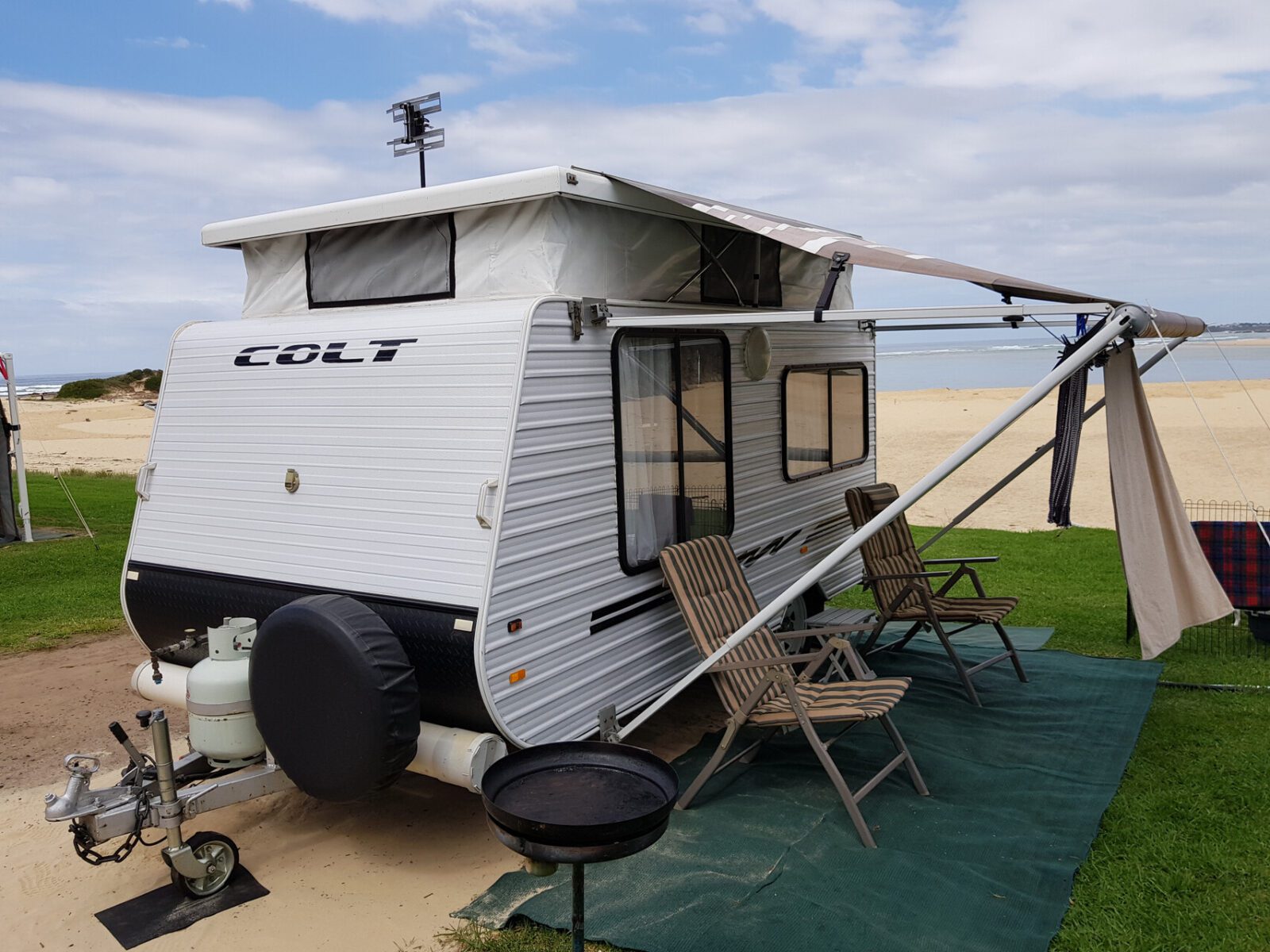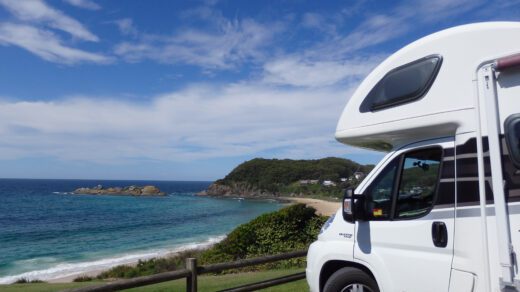Whether you’re a seasoned traveller or just embarking on your first journey, ensuring gas safety in your RV is paramount. Gas systems in RVs provide essential amenities like cooking, heating and refrigeration, but they also pose potential risks if not properly maintained and used. A recent spate of caravan fires is a good reminder that we need to be vigilant to the risks. Here are some crucial gas safety tips to keep in mind.

Regular Inspections:
Regular inspections of your RV’s gas system are essential for detecting any leaks or damages. Inspect gas lines, connections and appliances for signs of wear, corrosion or damage. Pay close attention to rubber hoses, fittings and valves, and replace them if they show any signs of deterioration.
All RVs with a permanent gas system installed require a current gas certificate by Australian law. A unique provision within the Queensland legislation (s113 of the P&G Regulation) requires gas systems in recreational vehicles to be inspected and certified prior to re-sale. Section 113 of the Regulation sets out that gas systems should be assessed against the safety requirement (edition of AS/NZS5601) prescribed at the time of installation or alteration.
Data obtained by the P&G Inspectorate shows that a high percentage of gas systems on recreational vehicles are found to be non-compliant and may not have been altered since the original installation.
Professional Maintenance:
Seek professional maintenance and servicing of your RV’s gas system at least once a year. Certified gas technicians can thoroughly inspect and test the system for leaks, proper ventilation and correct operation of appliances. Only an appropriately licensed gas fitter is permitted to carry out gas fitting work on RVs. This includes replacing the regulator and pigtail and installing and servicing gas appliances.
Ventilation:
Proper ventilation is crucial in preventing the buildup of gas fumes inside the RV. Ensure vents, flues, and exhaust fans are unobstructed and functioning correctly. Never block ventilation openings, especially when using gas appliances or heaters, as it can lead to carbon monoxide buildup, which is extremely hazardous.
Carbon Monoxide (CO) Detector:
Install a carbon monoxide detector in your RV and regularly test it to ensure it’s in working order. Carbon monoxide (CO) is a silent killer, and it’s essential to have early detection to prevent CO poisoning, especially when using gas appliances or heaters inside the confined space of an RV.
Proper Usage:
Follow manufacturer instructions for all gas appliances and equipment in your RV. Never use outdoor gas appliances, such as BBQs or stoves, inside the RV, as they can produce harmful gases and pose a fire hazard. Always shut off gas appliances when not in use and securely close gas valves during travel.
Emergency Preparedness:
Be prepared for gas-related emergencies by knowing how to shut off the main gas supply and valves in your RV. Keep a fire extinguisher rated for gas fires in an easily accessible location and have a plan in place for evacuating the RV in case of a gas leak or fire.
Storage:
Australian Standard AS/NZS 5601.2:2013 Section 3.4 sets out specific requirements for the storage of gas in caravans, storage compartments or lockers the gas will be stored in.
The storage compartment:
- Must only contain the secured cylinders and associated fittings – and must not contain any electrical equipment, batteries or other sources of ignition
- Must be inaccessible from inside of the caravan itself and must be sealed to prevent gas vapour from entering the caravan
- Must have an unobstructed and properly positioned drain or vent to prevent gas from entering the caravan or being exposed to a source of ignition
- Should be resistant to water and corrosion
- Must display the specified warning sign
- Should have appropriate fittings to keep the gas bottles 100% secure.
Also note that you will need to dispose of your gas cylinder after 10 years – otherwise have it restamped and certified by an authorised company to ensure it’s in safe condition.
By following these gas safety tips, you can enjoy your travels with peace of mind, knowing that you are taking the necessary precautions to protect yourself, passengers, and beloved recreational vehicle from potential gas-related hazards. Stay safe and happy travels!





